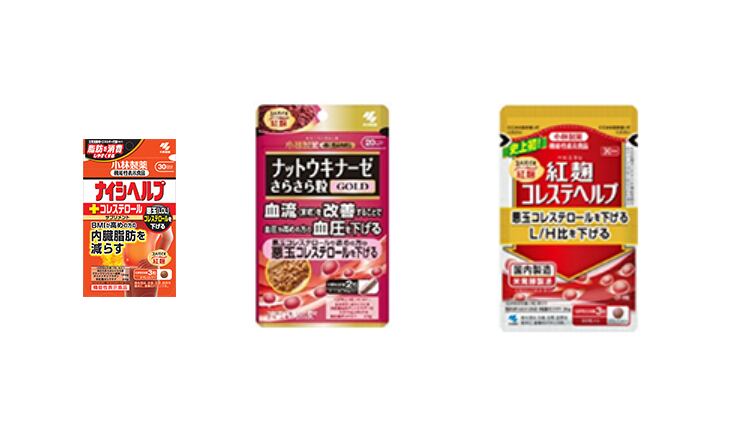Blue economy hurdles: Automation and perception shift crucial to help Asia’s seafood sector move forward
The seafood sector in Asia requires major transformations both in terms of operational technologies and perception shifts, if the industry hopes to see effective and lasting transformation.
This was the conclusion drawn by an expert panel that gathered at the recent SEA Agri-food Roundtable in Bangkok, which comprised of Thai Union Global Innovation Director Tunyawat Kasemsuwan, Atlas Capital General Partner Djoann Fal, and Vertical Oceans CEO John Deiner. The session as moderated by Temasek Operating Partner Ralph Graichen.
High nutrient content and antioxidant effect of dates underscore application potential in functional snack bars – Saudi study
The bioactive compounds, high nutritional content and antioxidant capabilities of dates make the fruit an effective base ingredient for functional snack bars, says Saudi researchers.
Despite the increasing popularity of nutritional bars, there is a dearth of research investigating changes in oxidative stress biomarkers following intake of these functional snacks.
To examine and compare the impact of formulated date-based bar (DBB) and fruit-based bar (FBB) on antioxidant status, a randomised cross-over study funded by the Deputyship for Research and Innovation, Ministry of Education in Saudi Arabia was conducted.
Kimchi-derived probiotic shows potential as functional ingredient due to positive effect on immune regulation – RCT
A new study shows that a probiotic strain isolated from Korean kimchi has beneficial effects on immune regulation, particularly in people with a weak immune system, highlighting its potential as a functional health food ingredient.
Heat-treated Lactiplantibacillus plantarum nF1 (HT-nF1) is an inactivated form of probiotic isolated from Korean kimchi.Previous st udies have indicated that HT-nF1 increases immune cell activation and production of various immunomodulators, including interleukin-12 (IL-12), Immunoglobulin G (IgG), and Immunoglobulin A (IgA).
To determine the effect of HT-nF1 intake on improving immune function, South Korean researchers conducted a randomised, double-blind, placebo-controlled trial.
Salt-free strategy: Heartful Flavours on a mission to reduce sodium levels with innovative Asian staples range
Australian-based start-up Heartful Flavours is on a mission to educate consumers that their taste buds can get used to less salt, as it ramps up promotion of its sodium-free Asian staples.
Food start-up Heartful Flavours offers salt-free packet sauce powders that replicate Asian favourites without compromising taste. Asian food is unique because of its condiments and sauces. However, pantry staples such as soy sauce, oyster sauce and fish sauce are sodium laden.
In 2023, a World Health Organization (WHO) report stated that the global mean sodium intake of adults is 4310 mg/day, or 10.78 g/day salt. This is more than double the WHO recommendation of less than 2000 mg/day sodium, or <5 g/day salt, which means a tablespoon of soy sauce would already make up half the recommended daily intake.
Brewers’ spent grain a promising snack ingredient that can be upcycled to regulate blood sugar levels – new trial
Brewers’ spent grain, particularly those fermented with tempeh mould, is a promising ingredient that not only can be used for snacks, but also reduces food waste.
In a randomised controlled trial (RCT) that was funded by the Ministry of Education, researchers from the National University of Singapore found that consumption of biscuits made from brewers’ spent grain (BSG) can help regulate blood sugar levels. Additionally, BSG that is fermented by Rhizopus oligosporus (RO), or tempeh mould, will have more nutritional benefits.





